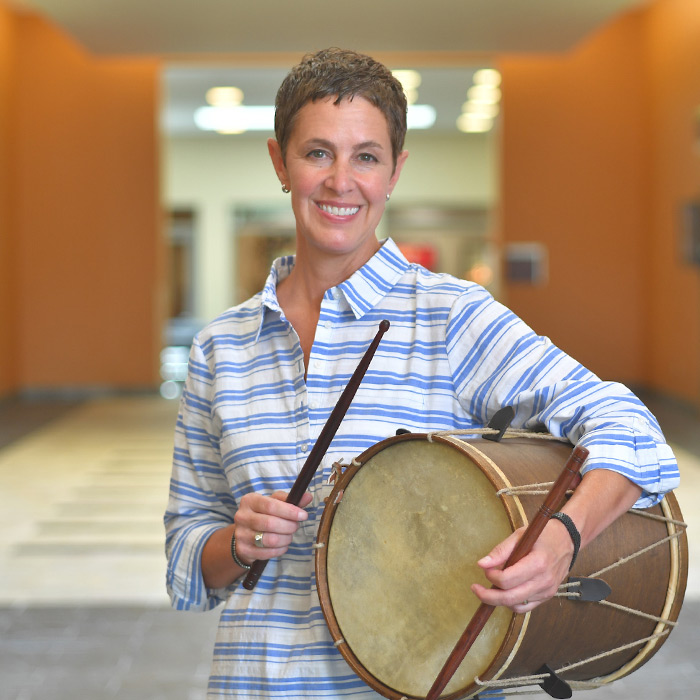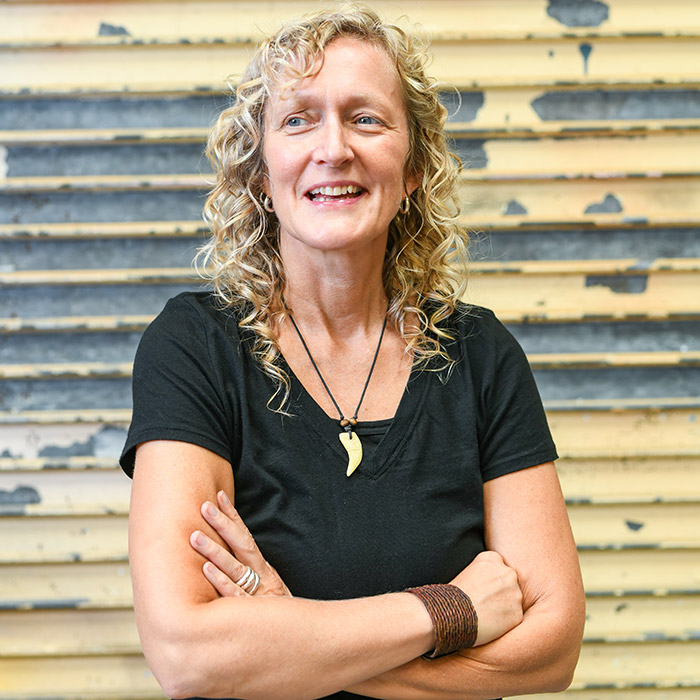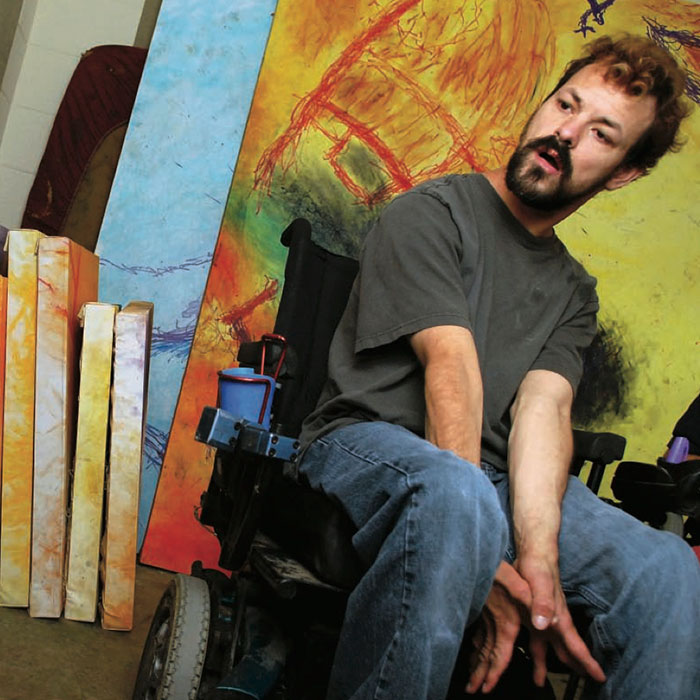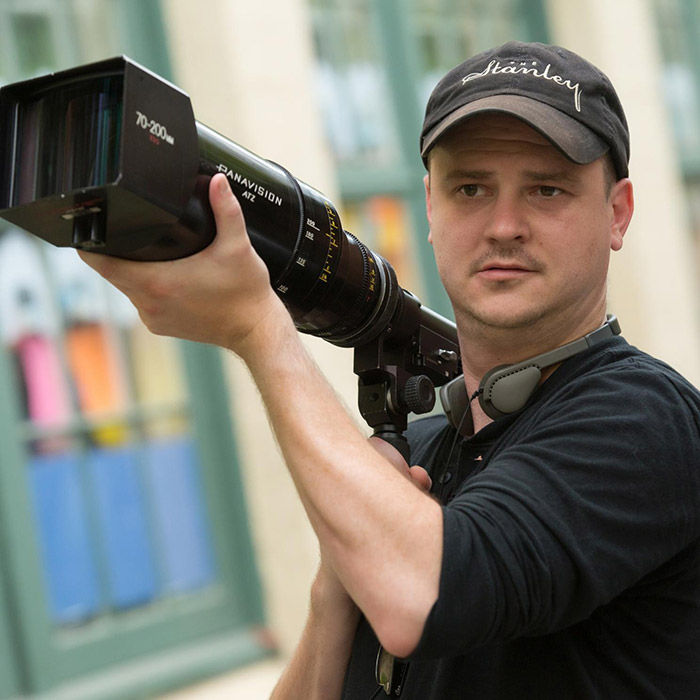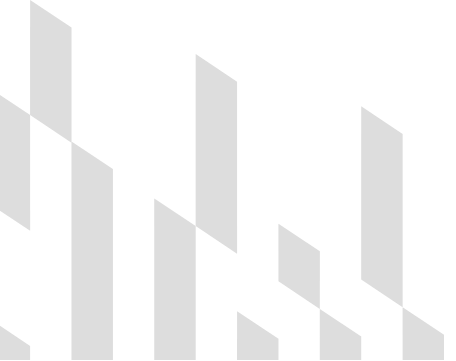College of Fine Arts & Communication
Whatever your aspirations may be, you can develop those talents and more as you pursue your passion and engage in creative and scholarly exploration.
Towson University’s College of Fine Arts and Communication is recognized as a thriving arts center for Maryland, with program offerings in art, dance, electronic media and film, mass communication, communication studies, music and theatre arts. Students develop creative and analytical abilities through a broad liberal education and specialized professional training.
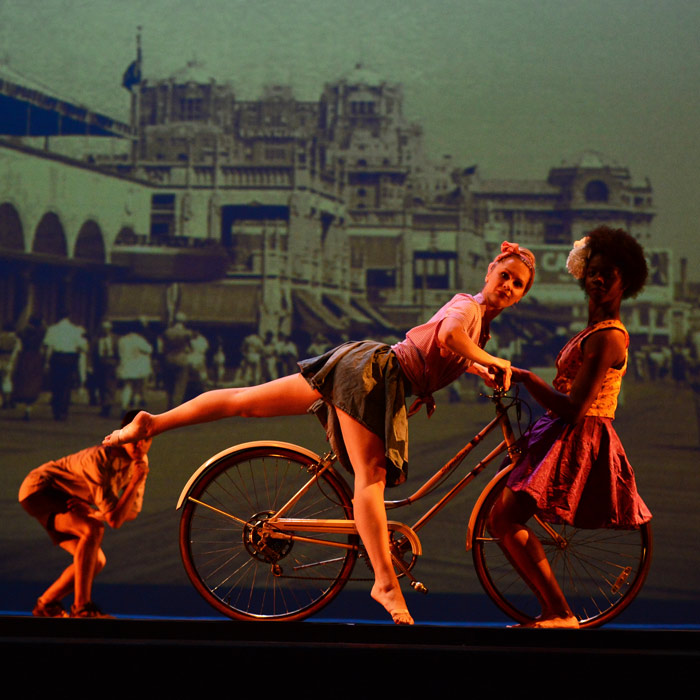
Arts & Culture Events
Check out a new way to navigate Arts & Culture events at TU. Get everything you need in one place – news, events, gallery information, podcasts, ticketing, and more!
Arts & Culture Events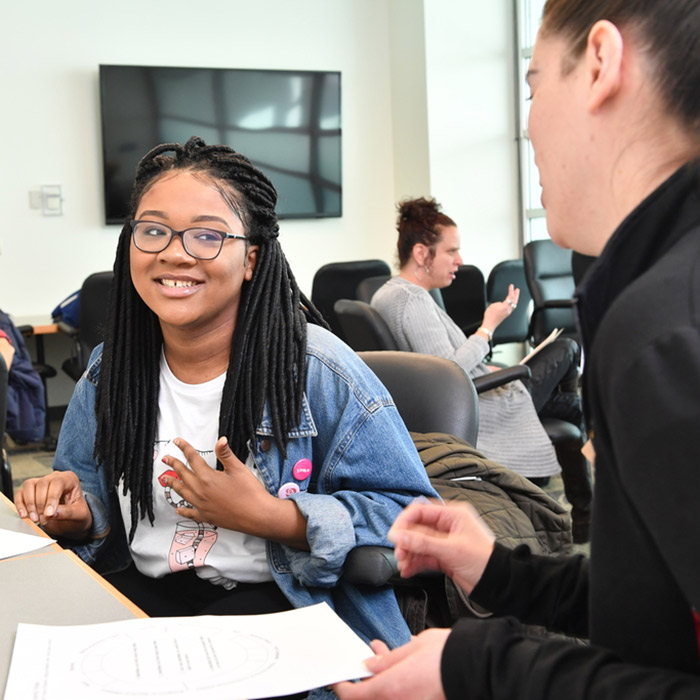
Statement of Solidarity and Purpose
Read more about COFAC's commitment to diversity and inclusion.
COFAC Diversity & Inclusion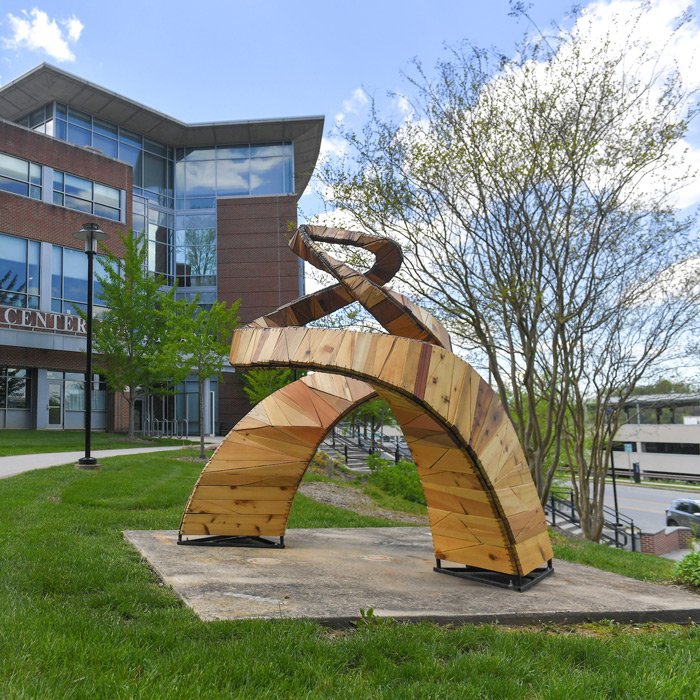
Public Art: Campus Sculpture Walk
Designed by MFA candidate David Calkins ’93, the campus sculpture walk consists of several incredible works of art created by TU artists, alumni and students. Start at the Center for the Arts and enjoy the tour.
Sculpture Walk
Art, music, dance, theatre, film and communication events presented each year
Undergraduate and graduate students in the college
Attendees at free and ticketed COFAC events
Areas of Study
- Acting Major
- Art + Design Major
- Art Education Major
- Art History Major
- Art History Minor
- Communication Studies Major
- Communication Studies Minor
- Cultural Studies Major
- Cultural Studies Minor
- Dance Performance and Choreography Major
- Electronic Media and Film Major
- Electronic Media and Film Minor
- Mass Communication Major
- Mass Communication Minor
- Music (B.M.) Major
- Music (B.S.) Major
- Music Education Major
- Music Industry Minor
- Music Minor
- Music Technology Minor
- Professional Communication Minor
- Theatre Arts Major
- Theatre Arts Minor
Recent News

